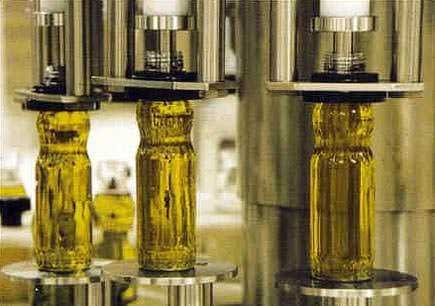
Andalusian authorities have fined 17 olive oil companies 2,500€ ($3,330) each for selling olive oil of a quality inferior to what was indicated on the label.
But the relatively mild penalty – the outcome of a formal inquiry the regional health department began more than ten months ago – has failed to satisfy consumer advocacy group FACUA, which says consumers have a right to know which brands were involved.
The inquiry started last November after analyses of 24 batches of cheap olive oil on sale in Jaén and Córdoba found the contents of some were inferior to that shown on the label. In most cases it involved a lower quality oil being sold as extra virgin or virgin olive oil.
In August, Andalusian Health Minister María Jesús Montero announced that the problem was not one of fraud but poor conservation. The olive oil had deteriorated after packaging, possibly due to inadequate temperature of other conditions during distribution or storage, but at no time posed any health risk.
Europa Press reported on October 4 that laboratory tests had found that in 17 of the olive oil oil batches there had been a slight decrease in the organoleptic qualities of the oil, which the health department said merely caused it to “taste a little stronger than usual.”
Citing health department sources, the El País newspaper reported the same day that the health and consumer authorities had decided to impose light fines because it was a case of minor infringement rather than deliberate fraud. It also said that the department had decided not to name the brands involved given the fines were sufficient penalty.
Under Andalusia’s consumer protection laws, it is the responsibility of the company named on the product label to ensure the goods are of the quality described on the label when sold, unless they can show the distributor failed to comply with transport or storage conditions.
FACUA said consumers should be told which brands had been fined. It also said the government had effectively left all low price olive oil under suspicion.
El País Journalist Ginés Donaire tweeted that the fraud inquiry outcome amounted to a “Solomonic solution.”








